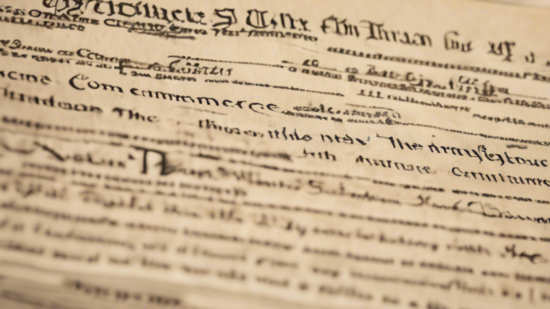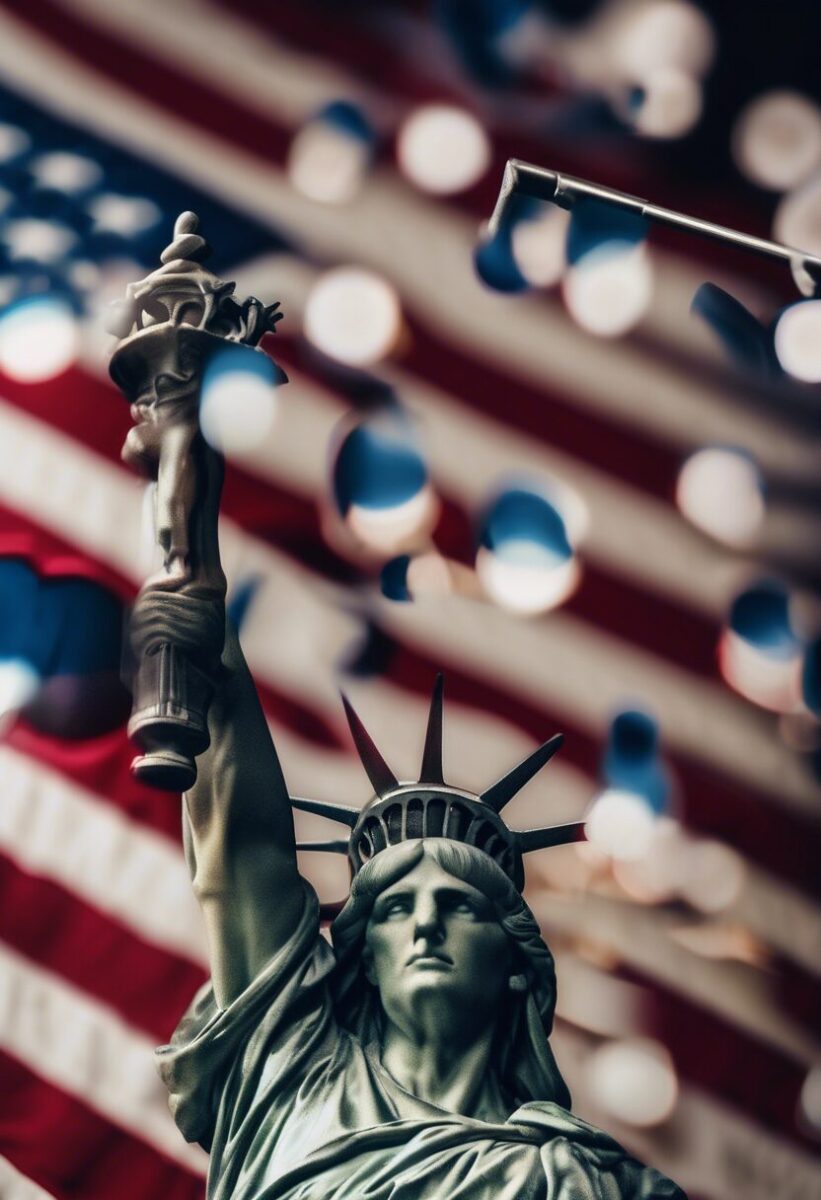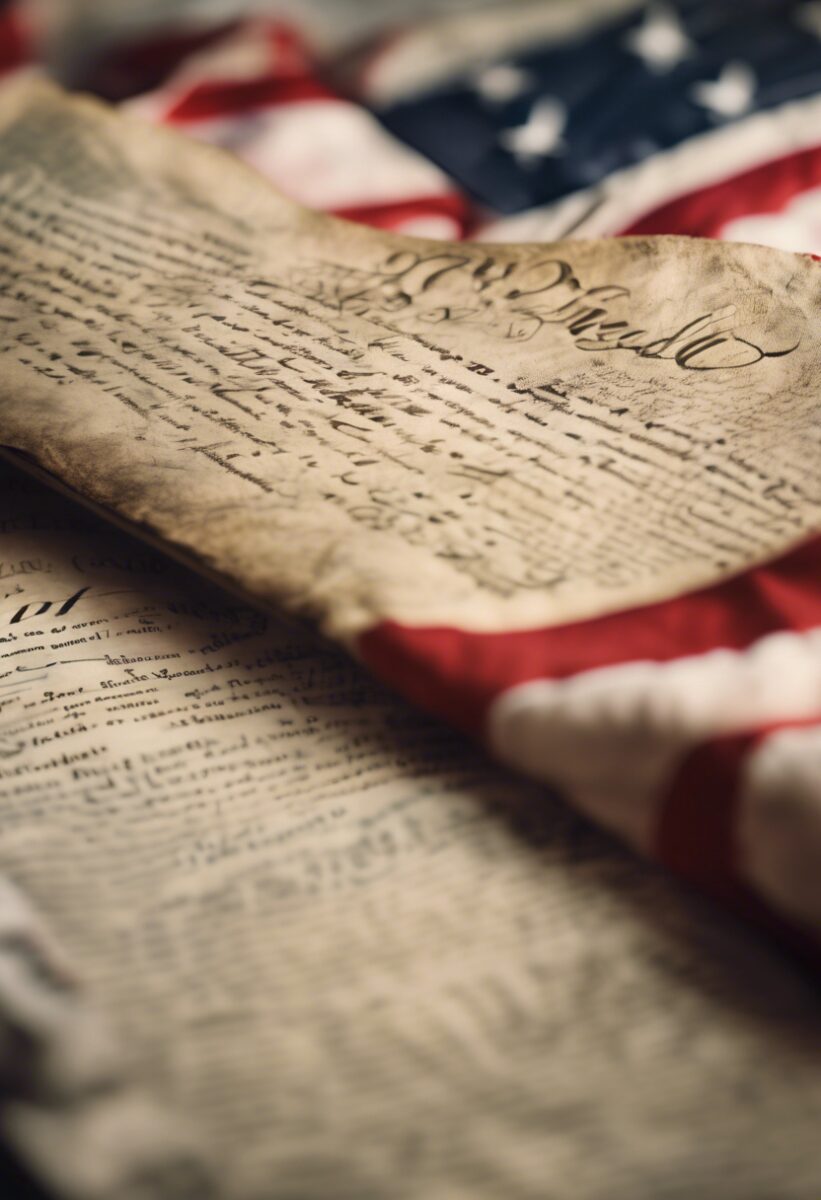Hello, Curious Readers!
Have you ever wondered about the unseen powerhouse that drives our nation’s commercial relationships? If so, buckle up for an exciting journey as we shed light on a pivotal constitutional provision – The Commerce Clause. You’ll learn how it shapes commerce not only within our states but also with foreign nations and Native American Tribes. Sounds intriguing, right? Keep reading!
Dive deeper into understanding the Commerce Clause here.
Key Takeaways:
- The Commerce Clause enables Congress to regulate trade between states, with foreign countries, and among Native American tribes to protect the country’s economic interests.
- Critics argue the clause sometimes tips the balance of power, overruling states’ independent authorities.
- Despite criticisms, many laud the Commerce Clause for fostering robust interstate and international trade, enhancing America’s economic wellbeing.
A Personal Touch:
Reminds me of my high school economics teacher who always emphasized the interconnectedness of states and countries: “Even a sneeze can disrupt the economy,” he’d say. That might sound like an overstatement but think about it–everything we consume is part of a vast, complex network of commerce that spans continents. The Commerce Clause, in many ways, is the legislative embodiment of that reality.
Key Lesson:
The Commerce Clause intricately weaves a web of commercial relationships within and beyond our borders, nurturing the prosperity of the United States.
Latest News
- DHS investigating video allegedly showing immigration agents urinating in high school parking lot
- A 22-year-old woman was caught attempting to kill a defense industry employee at Ukraine’s behest, according to the FSB
- Founder of Las Palapas restaurant chain Edward ‘Ron’ Acosta allegedly killed in his mansion by nephew suffering from hallucinations: ‘He just completely snapped’
From the team at constitutionus.com, keep learning, and stay curious!








